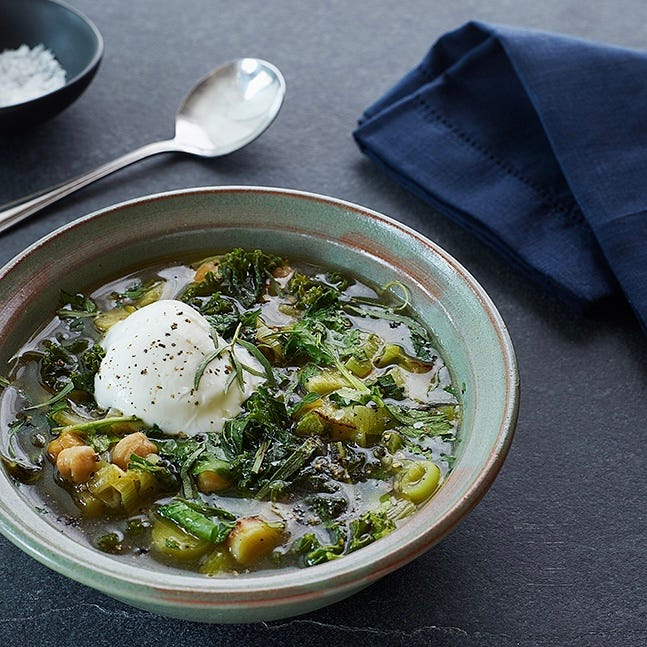What’s Your Brain Care Score?
This simple checklist can help you track your brain health habits

Hello, friends. Throughout 2023, we talked a lot about how to reduce risk factors for Alzheimer’s and dementia. Sometimes called “modifiable risk factors,” these are the low-hanging fruit of the brain health world—the things we have the power to change. Learning and taking action to reduce Alzheimer’s risk is the essence of what this newsletter is all about. (We are also into cooking and eating really good healthy food, enjoying life, and aging with a positive attitude!)
So wouldn’t it be cool if there was a simple system to help track how you are doing with your brain-healthy lifestyle?
Meet the Brain Care Score (BCS)
Envision a scorecard, not unlike one you’d use to tally up points after a playing bridge or a round of golf. It would include a checklist of brain-healthy habits and medical factors, each with a weighted score. You’d take a few moments to assess how you are doing in each area like eating vegetables, getting enough exercise, and how much stress you are under. The greater your score, the less likely you are to develop dementia. Low-scoring areas would target brain health self care that needs attention. Following your score over months and years would provide valuable information for taking care of your brain.
Well, as much as I’d like to say I came up with the Brain Care Score (BCS), it was created by a group of neurologists at McCance Center for Brain Health at Massachusetts General Hospital and their collaborators in the United States and Europe. They designed the Brain Care Score, or BCS, to help doctors answer a simple question asked by patients: Am I doing everything I can to take care of my brain?



